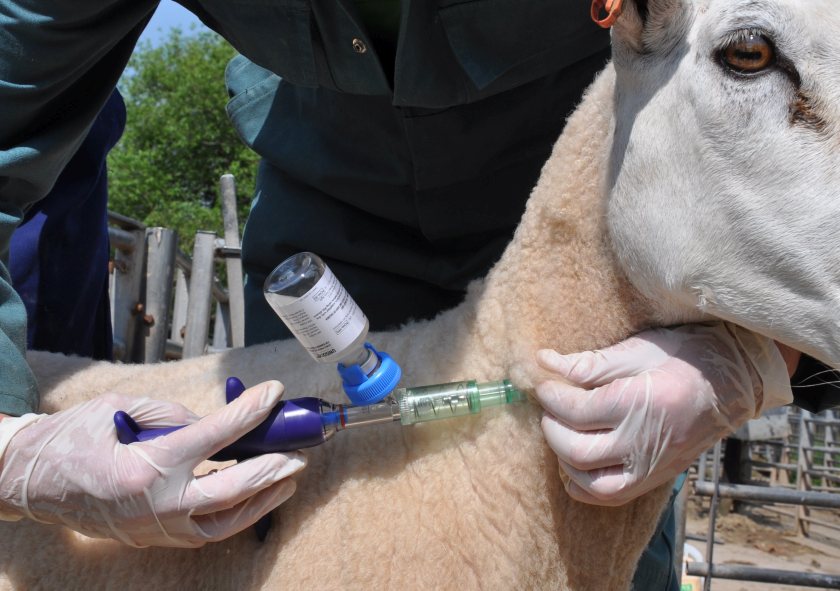
A subsidised blood testing scheme is now available for sheep producers to help identify possible reasons for early lamb losses.
The FlockCheck diagnostic scheme allows farmers to ask their vet to blood test their flock for exposure to toxoplasmosis and enzootic abortion (EAE).
Ewe reproductive failure, neonatal lamb disease and mortality are the three biggest factors limiting better flock productivity.
Toxoplasmosis and enzootic abortion continue to be significant causes of these unwanted flock heath issues.
Farmers that experience more than 2% of their flock barren or aborting this lambing season are urged to contact their vet to take advantage of MSD Animal Health's scheme.
The firm's veterinary adviser, Dr Kat Baxter-Smith said: “Farmers can take advantage of this subsidised scheme by asking their vet to take blood samples from six to eight aborted, unvaccinated ewes, or from barren ewes or ones that have produced weakly lambs."
She added that the blood test has proved to be a useful tool in terms of helping to identify the potential presence of any key underlying productivity limiting disease.
“Experience has shown that the results certainly help vets and their farmer clients make more informed decisions about appropriate flock health measures.”
Annual FlockCheck blood test results show that the majority of aborted ewes tested have been exposed to either toxoplasmosis or EAE – and sometimes both.
This is consistent with a recent AHPA analysis showing that over recent years, EAE and toxoplasmosis have been the most common diagnoses of sheep abortion.
According to Dr Baxter-Smith, both these infectious disease causes of abortion can be responsible for reducing the number of lambs per ewes mated, which can increase workload and stress during lambing.
Profit may also be reduced significantly, she stresses, but using the diagnostic tool can help in improving a flock’s potential and overall economic performance.
“For example, toxoplasmosis, caused by infection with the Toxoplasma gondii parasite, does not just cause abortion," Dr Baxter-Smith said.
"It is also the main infectious cause of early embryo loss in sheep and a very common cause of barren ewes or weak, sickly live lambs.
"It is likely that almost all flocks in Britain have been in contact with this endemic parasite, which means all breeding sheep should be considered at risk.”
Dr Baxter Smith also explains that one of the main reasons for such high levels of toxoplasmosis is that sheep can become infected very easily.
“Sheep pick up the toxoplasma parasite from the environment and so normal biosecurity measures are not enough to control the disease.
"Infected cats shed toxoplasma eggs in their faeces and sheep become infected when they ingest these eggs from contaminated pasture, feed and water.
"The eggs are tough and can survive in the environment for over a year, which means farmers need to take steps to protect their sheep."
Farmers interested in taking advantage of the diagnostic service are being told to contact their local practice.
This year’s FlockCheck scheme commenced on 1 February 2022 and runs until 30 June 2022.
